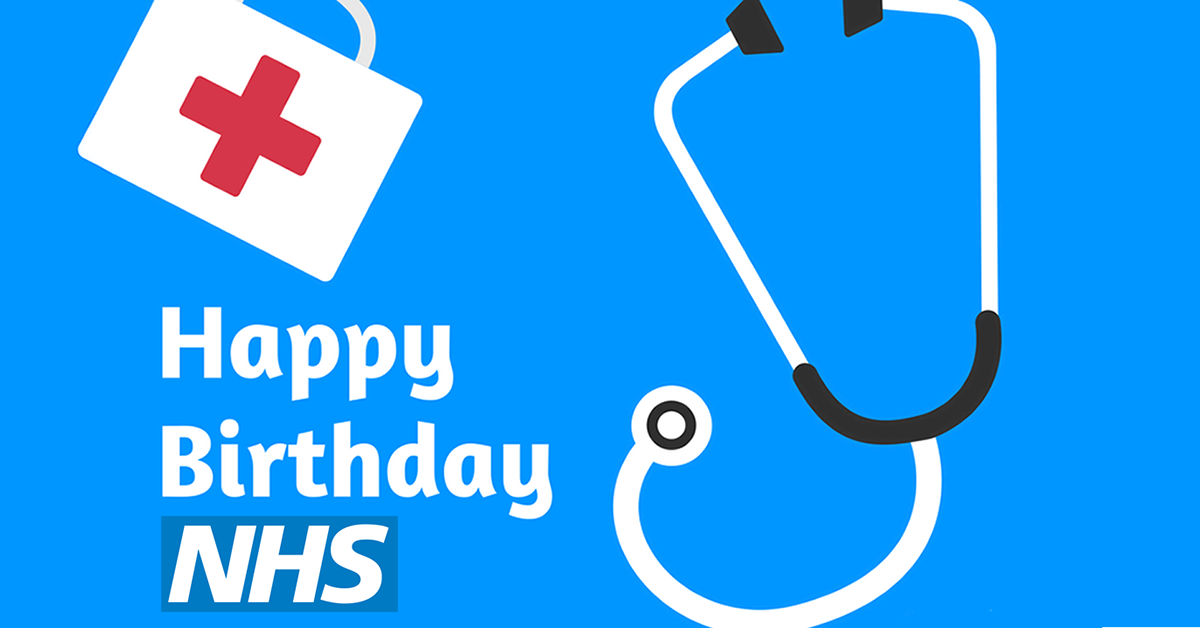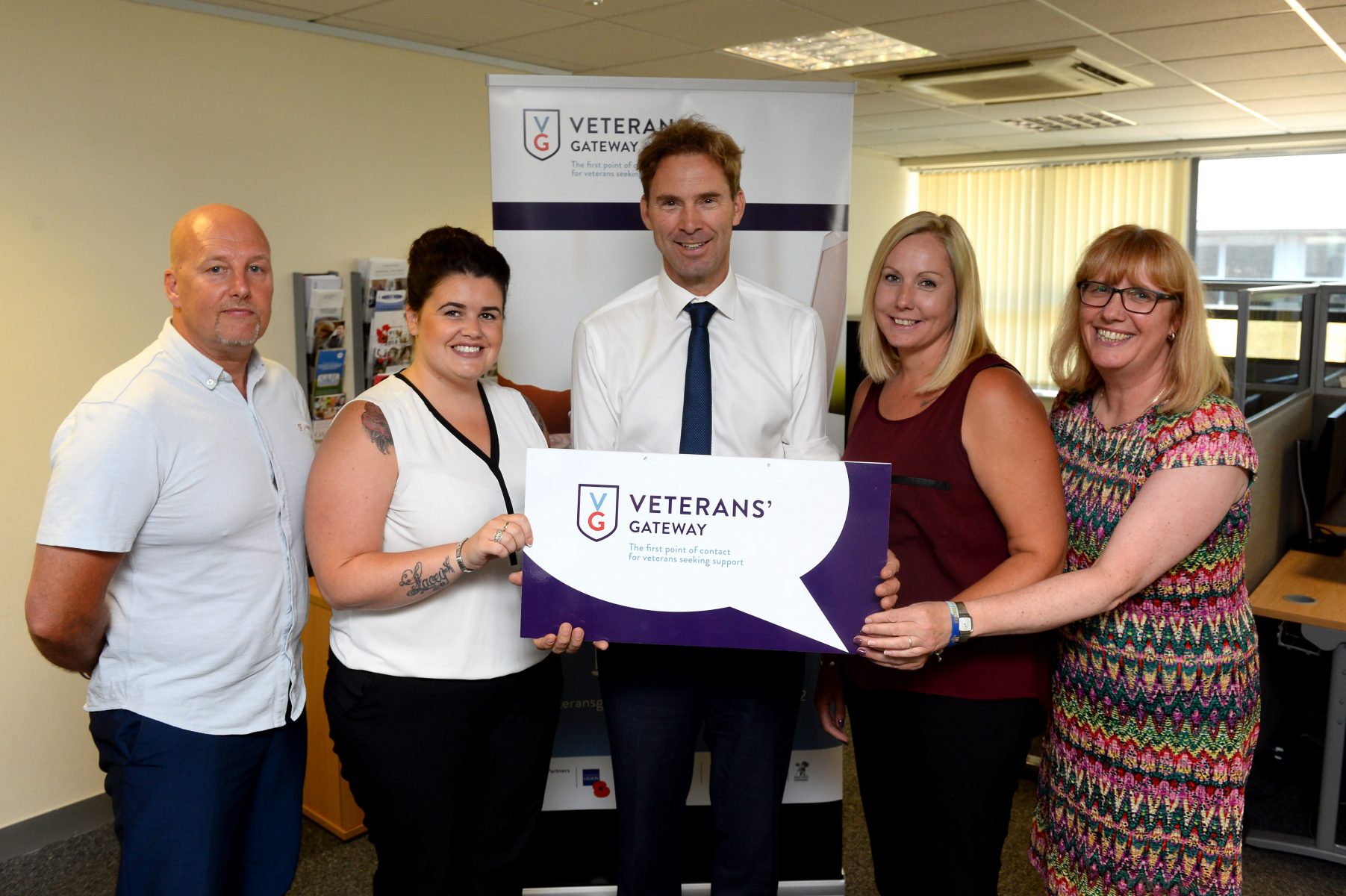
Happy Birthday NHS!
With its platinum jubilee this month (July 2018) we examine why Service leavers should look at the NHS as the ideal organisation within which to start a second career.
It was never designed to take the strain of the population growth seen in the later part of the twentieth century or for that population to become proportionally older and therefore, not designed to deal with the complex illnesses and other complications seen today in hospitals around the country. Nevertheless, despite everything, the NHS is still here, playing a vital part in British domestic life.
The role it plays is sometimes confused with charity, especially because its design was largely the work of Aneurin Bevan, famed socialist Labour politician who emerged from a working class, coal-mining family. In fact, the principle of healthcare, free at the point of delivery based on need, rather than wealth, set Britain on a trajectory that helped it to shake off the dust and rubble left in the wake of the Second World War.
Arguably, the principle success of the creation of the NHS is that it provided reassurance to the recovering nation. Indeed, the government of the time sent a leaflet to every home in the country saying that: “It will relieve your money worries in time of illness.”
Future
It’s difficult to know for sure what Bevan had in mind regarding the long-term future for the NHS. While he must have expected it to be flexible to social change he could hardly have guessed at the dramatic impact that it would have over the years, including discoveries linking smoking with cancer for instance or the revealing of the structure of DNA which has since influenced science and medicine around the globe. It’s also seen the introduction of the contraceptive pill and of vaccinations for diseases such as polio that are nowadays regarded as vanquished, at least in the UK. The NHS then has saved millions of lives and changed millions of millions of lives – for the better. In other words, the NHS, from day one, has looked forward to the next challenge and the next medical horizon. Service-leavers then, with a passion for healthcare, will definitely want to be involved as the NHS attempts to increase cancer survival rates or to understand and treat dementia effectively and so on. The years of incredible discovery aren’t behind the NHS, they’re ahead of us!
Perhaps if reports in the media concentrated more on the incredible successes rather than the difficulties and challenges of the healthcare system, we’d have been able to accept more fully, that making more money available to the NHS would help each and every one of us to live better – but that’s for another feature, in another magazine.
The NHS faces well-known shortages of funding and shortages of staff in key areas that mean that it’s being stifled and not able to achieve more of the great achievements that it should be celebrated for. According to a recent report in the Daily Telegraph, nurse shortages cost the NHS £2.4 billion last year, with the money being spent on agency nurses.
Money
With that amount of money the NHS could pay for more than 108,000 newly qualified fulltime staff nurses and save up to £1.56 billion. The number of vacancies are currently estimated to be around three times that number – and that’s only one aspect of the healthcare service – elsewhere it is reported that paramedics, psychiatrists and radiographers, are also in short supply.
There’s a romantic notion that Service-leavers can ‘save the NHS’. This is perhaps over-egging the pudding but anyone with training and experience of the standard attained during a Military career will certainly be welcomed as part of the solution. Service-leavers are known to thrive in the NHS since it has so many parallels with the Armed Forces such as a hierarchical structure, emphasis on teamwork and a focus on achieving the best outcomes with the available resources – and that follows in the many non-clinical roles, too.
Any publicly owned institution, not least one of the scale of the NHS (one of the largest organisations in the world) will face its problems. Of course, it needs to recruit and retain good quality candidates to help it reach more of its loftier ambitions but also, perhaps for the moment to stabilise and sort out some of the more ‘bread and butter’ issues such as hospital waiting times and making appointments with GPs easier to come by – as well as preparing for how Brexit will continue to impact its recruitment (of overseas talent).
One incredible piece of foresight from Bevan has been time-tested, and that is, as he said: “The NHS will last while there are folk left with the faith to fight for it.” Is that you he’s speaking to?
Take your first step to a career in the NHS
Interested in finding out more about NHS career opportunities for ex-Armed Forces personnel? Check out the Step into Health website:
www.militarystepintohealth.nhs.uk
Whether you are interested in catering, maintenance, administration, finance, communications, management, or a role in one of the clinical services, the Step into Health programme could be the first move towards a new civilian career in the NHS.



